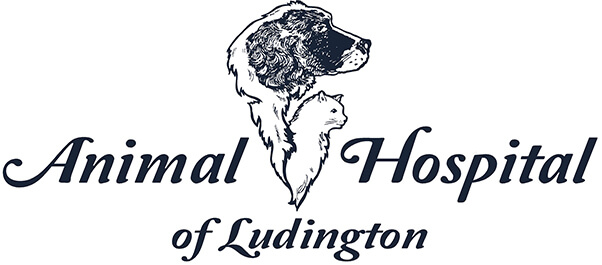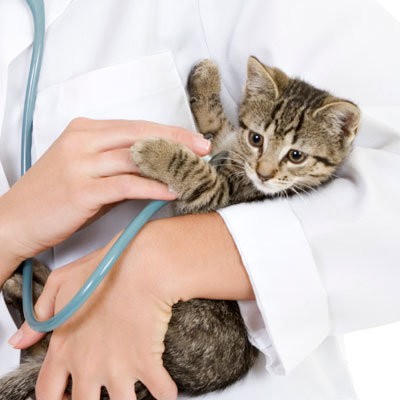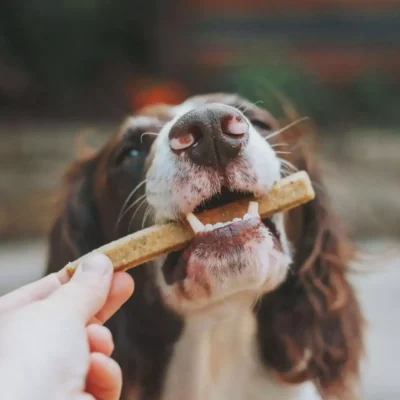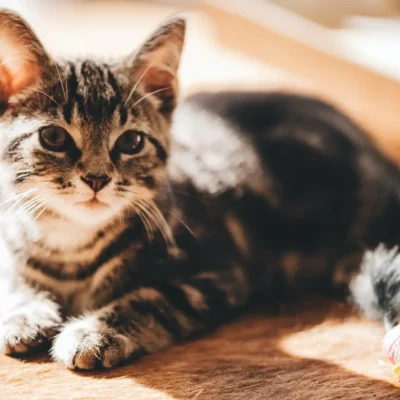Your cat Sally probably thinks she’s gone to cat heaven. Two years ago, you adopted seven-year-old Sally from your town’s animal shelter, and she had some health problems that were impacted by her poor diet. Your veterinarian from Ludington helped to turn Sally’s situation around, prescribing a high-quality food packed with essential feline nutrients. Now, Sally’s an active girl who chases cat toys and laser beams across the room. While Sally still enjoys her kibbles, she’ll soon be an older feline lady with changing nutritional needs. Good thing her vet can give Sally some age-appropriate nutritional counseling. Read more about how life-stage diets can help furry felines of all ages.
Super-Charged Kitten Fuel
Since Sally’s kittenhood likely included lots of energetic playtime, and her little body developed at lightning speed, she required a cat food with higher amounts of protein and calories. If her diet was lacking in nutrients, Sally might have gotten sick or grown to a less-than-normal weight.
Pregnant or Nursing Cat Nutrition
While Sally was already spayed when you adopted her, it’s possible she had one or more litters of kittens before that. If so, your pregnant or nursing cat would have developed higher nutritional needs, as her body was sustaining the kittens as well. If Sally didn’t get the nutrition she required, it’s possible that she couldn’t produce enough milk for all of her kittens. Sally might have also experienced some nutrition-related problems herself.
Targeted Senior Cat Diet
Since Sally will soon be a dignified senior feline lady, she’s especially interested in this section. When Sally grows older, she could experience mobility problems; or she might develop chronic kidney or heart disease. With Sally’s health status in mind, your vet might prescribe a special cat food that helps to manage some of these common senior cat medical problems. Naturally, your vet will also treat Sally’s condition with necessary medications and/or therapies.
Feline Obesity Trigger
Regardless of Sally’s age, she can become a victim of feline obesity, a very common nutritional problem. Sally can actually develop obesity from eating an incorrect life stage food. For example, if Sally still scarfs down high-calorie kitten kibbles, and then sleeps for several hours a day, she’ll likely become rounder looking over time. Depending on Sally’s weight gain, she might even waddle down the hall and find it tough to jump on your bed.
You’re glad that your Ludington vet cleaned up Sally’s eating habits. You’re even happier that he prescribed a high-quality diet that meets Sally’s nutritional needs and supports her activity level. When Sally becomes a senior cat, he’ll roll out a targeted senior cat diet that should help to keep her healthy in her golden years.












Leave a Reply
You must be logged in to post a comment.